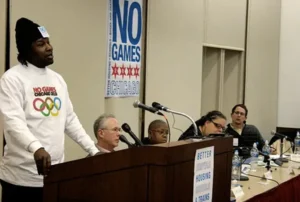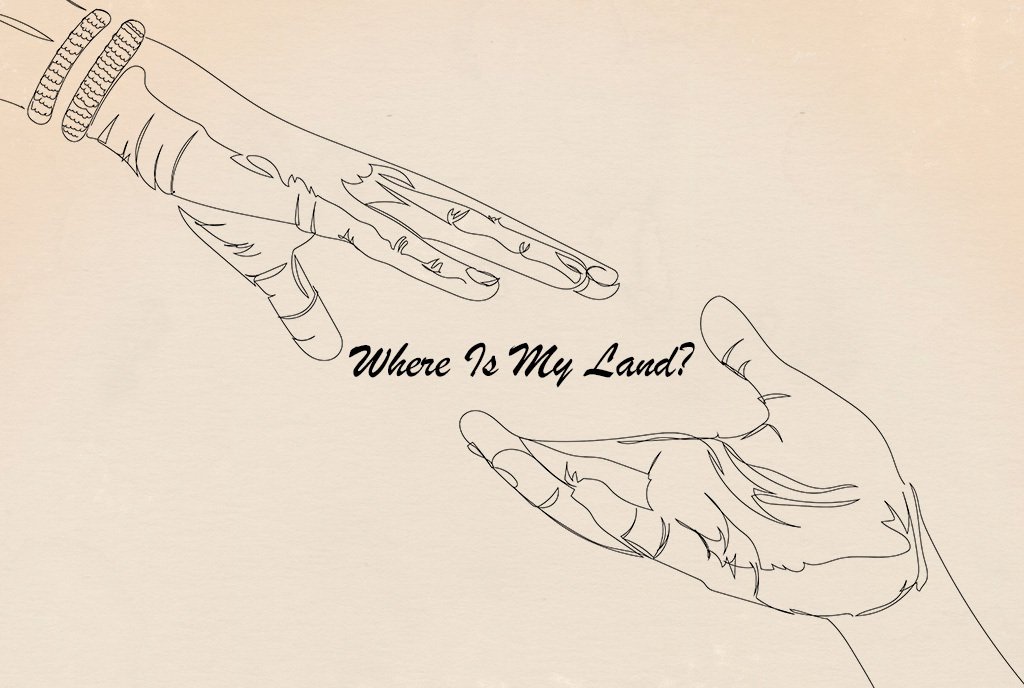September 10, 2012; Source: Daily News Journal
The Community Foundation of Middle Tennessee (CFMT) is one of 10 community foundations to receive public-private partnership awards from the U.S. Department of Housing and Urban Development (HUD) yesterday; the announcement was timed to coincide with the community foundations conference of the Council on Foundations (COF). HUD and COF honored CFMT for its disaster relief work in 2010, which included grants to the Heart of Tennessee chapter of the Red Cross and to Feed America First of Tennessee for support for flood victims.
Sign up for our free newsletters
Subscribe to NPQ's newsletters to have our top stories delivered directly to your inbox.
By signing up, you agree to our privacy policy and terms of use, and to receive messages from NPQ and our partners.
The HUD/COF award recognizes community foundations “for their innovative public-philanthropic collaborations designed to address housing and community development challenges.” A key part of the CFMT change was reportedly its work with the mayor’s office in Nashville to create the Metro Nashville Disaster Response Fund. The community foundation served as “the central repository for charitable contributions during the time of a natural disaster, with the ability to make decisions about grantmaking for relief and recovery.” The Metro Nashville fund raised almost $4 million, contributing to the $15 million total of community foundation flood relief funds for the region and helping nonprofits rebuild 500 homes, provide case management for flood victims, and offer mortgage and rental assistance.
Although the HUD awards did include a couple of the mammoth community foundations, the panel of experts that selected the 10 awardees—one for each HUD region—did a decent job of representing a range of types of community foundations and some significant contributions not just to disaster relief, but to community-based development. Among the winners were programs dedicated to:
- Acquisition and rehabilitation of foreclosed properties (the Boston Foundation’s contribution toward capitalizing a statewide Neighborhood Stabilization Loan Fund);
- Green construction (the Community Foundation for Greater Buffalo’s work with the Green and Healthy Homes Initiative);
- Job creation through cooperative business development (the Cleveland Foundation along with many nongovernment partners, including the Democracy Collaborative);
- Improvements to processes for fighting blight through code enforcement and tax lien foreclosure sales (the Greater New Orleans Foundation in partnership with the Center for Community Progress);
- Generation of new community economic development resources (the Paradox Community Trust, mixing resource extraction severance taxes with charitable giving and grants from the Telluride Foundation); and
- Addressing climate change (the San Diego Foundation’s Climate Initiative, giving grants to groups that promote the integration of housing, land use, and transportation planning).
The list is really pretty good, with several examples of initiatives devoted to long-term change, not one-off programs. Particularly interesting in that regard is the Greater New Orleans Foundation’s work on code enforcement and tax liens as part of an anti-blight strategy in New Orleans. Can you think of something more boring—or more essential to community livability—than code enforcement? Give credit to these community foundations for taking on issues, like code enforcement, that really need innovation as opposed to interpreting the call for innovation as a call for glitzy programs of lesser depth and substance.—Rick Cohen












